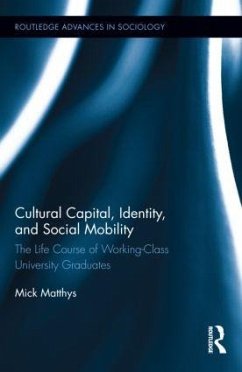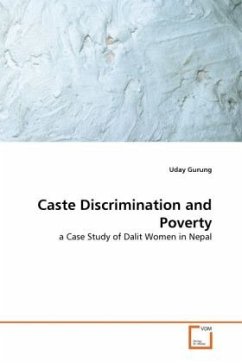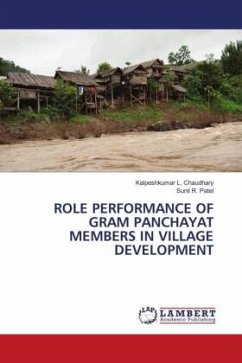
Social Capital, Caste Dominance and Panchayat Performance
A Case Study of Two Villages in Bundelkhand (India)
Versandkostenfrei!
Versandfertig in 6-10 Tagen
39,99 €
inkl. MwSt.

PAYBACK Punkte
20 °P sammeln!
It is quite settled in political discourses that democracy is the most ideal form of social contract and greater the decentralization the better. But there are degrees of democracies and what differentiates a successful democracy from a failed or a partially successful democracy remains a worthy question.The most recent claim towards understanding the varied trajectories of democracy comes from the theory of social capital which has been made popular by Robert Putnam's work.This work is aimed at bringing new perspectives on the mainstream conception of theory of social capital by verifying it ...
It is quite settled in political discourses that democracy is the most ideal form of social contract and greater the decentralization the better. But there are degrees of democracies and what differentiates a successful democracy from a failed or a partially successful democracy remains a worthy question.The most recent claim towards understanding the varied trajectories of democracy comes from the theory of social capital which has been made popular by Robert Putnam's work.This work is aimed at bringing new perspectives on the mainstream conception of theory of social capital by verifying it in a particular setup in Bundelkhand region of India. Panchayats being the grass-root democractic organization in India are very relevant for testing the social capital and democratic governance linkage. This Research work brings out the contextual difficulties in establishing the direct link between social capital and democratic performance.












